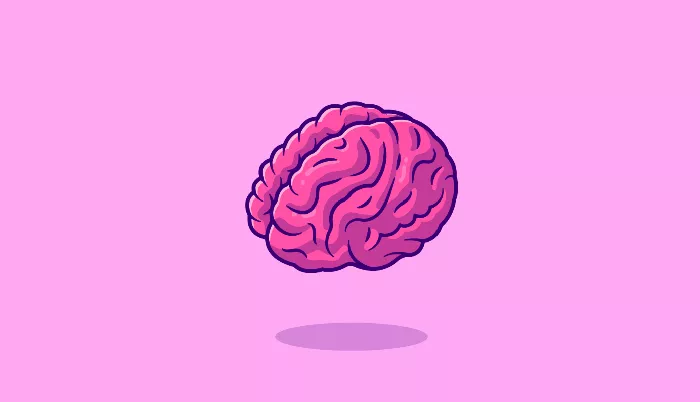Anxiety is one of the most common mental health conditions. Many people wonder if anxiety is caused by a chemical imbalance in the brain. The idea that mental health disorders are linked to brain chemistry has been widely discussed. But is anxiety really just a chemical imbalance?
This article explores the science behind anxiety, the role of brain chemicals, and whether correcting imbalances can treat anxiety. We’ll also look at other factors that contribute to anxiety disorders.
What Is a Chemical Imbalance
The term “chemical imbalance” suggests that mental health conditions, like anxiety, are caused by improper levels of brain chemicals (neurotransmitters). Neurotransmitters help brain cells communicate. Some key neurotransmitters linked to anxiety include:
Serotonin: Regulates mood, sleep, and anxiety.
Dopamine: Affects motivation and pleasure.
GABA (Gamma-Aminobutyric Acid): Calms the nervous system.
Norepinephrine: Influences alertness and stress response.
If these chemicals are too high or too low, they may contribute to anxiety symptoms. However, anxiety is more complex than just a simple imbalance.
The Chemical Imbalance Theory of Anxiety
For decades, scientists believed that low serotonin levels caused anxiety and depression. This led to the development of antidepressants like SSRIs (selective serotonin reuptake inhibitors), which increase serotonin in the brain.
Research shows that SSRIs help many people with anxiety. This supports the idea that serotonin plays a role in anxiety disorders. However, not everyone responds to these medications, suggesting that anxiety isn’t just about serotonin.
Evidence For and Against the Chemical Imbalance Theory
Supporting Evidence
- Medications that alter neurotransmitters (like SSRIs and benzodiazepines) can reduce anxiety.
- Brain scans show differences in neurotransmitter activity in people with anxiety disorders.
- Genetic studies suggest some people are more prone to neurotransmitter imbalances.
Contradictory Evidence
- Many people with normal neurotransmitter levels still experience anxiety.
- Some people with chemical imbalances don’t develop anxiety.
- Psychological and environmental factors also play a huge role.
This means that while brain chemistry is important, it’s not the only cause of anxiety.
Other Factors That Influence Anxiety
Anxiety disorders result from a mix of biological, psychological, and environmental factors.
Genetics and Brain Structure
- Anxiety can run in families, suggesting a genetic link.
- Certain brain areas (like the amygdala) are more active in people with anxiety.
Life Experiences and Trauma
- Stressful events (abuse, loss, or major life changes) can trigger anxiety.
- Childhood trauma increases the risk of anxiety disorders later in life.
Learned Behavior and Thinking Patterns
- Negative thought cycles can worsen anxiety.
- Avoidance behaviors keep anxiety going.
Physical Health and Lifestyle
- Poor sleep, diet, and lack of exercise can increase anxiety.
- Medical conditions (like thyroid problems) may mimic anxiety symptoms.
Can Fixing Chemical Imbalances Cure Anxiety
Medications like SSRIs and benzodiazepines help balance brain chemicals and reduce anxiety symptoms. However, they don’t work for everyone.
Limitations of Medication
- Some people experience side effects.
- Medications may stop working over time.
- They don’t address the root psychological causes of anxiety.
Alternative and Complementary Treatments
Therapy (CBT, Exposure Therapy): Helps change thought patterns and behaviors.
Lifestyle Changes: Exercise, sleep, and diet improvements can reduce anxiety.
Mindfulness and Relaxation Techniques: Meditation and deep breathing calm the nervous system.
A combination of medication and therapy often works best for long-term anxiety management.
Conclusion
Anxiety is not solely caused by a chemical imbalance. While neurotransmitters play a role, anxiety is influenced by genetics, brain structure, life experiences, and behavior.
Medications can help correct chemical imbalances, but they’re not a cure-all. A holistic approach—including therapy, lifestyle changes, and stress management—is often the most effective way to manage anxiety.
Understanding anxiety as a complex condition, rather than just a chemical problem, can lead to better treatment and recovery.
Related topics:
- How To Stop Obsessive Thoughts Anxiety?
- How To Control Generalized Anxiety Disorder?
- What Is the Main Cause of Anxiety?


